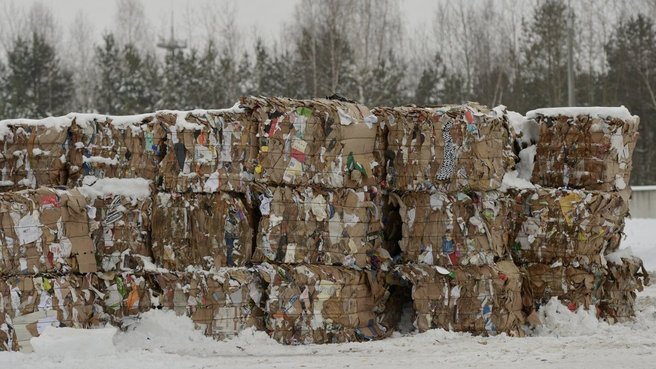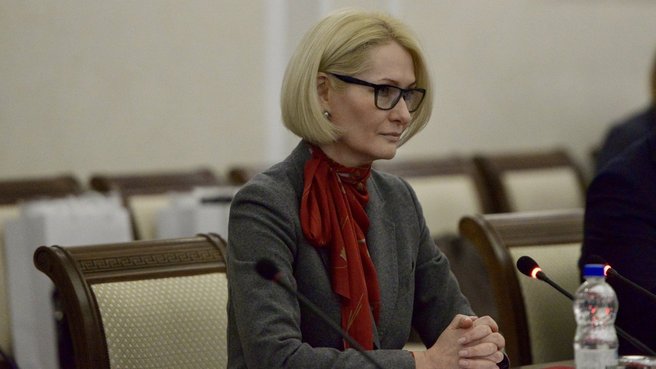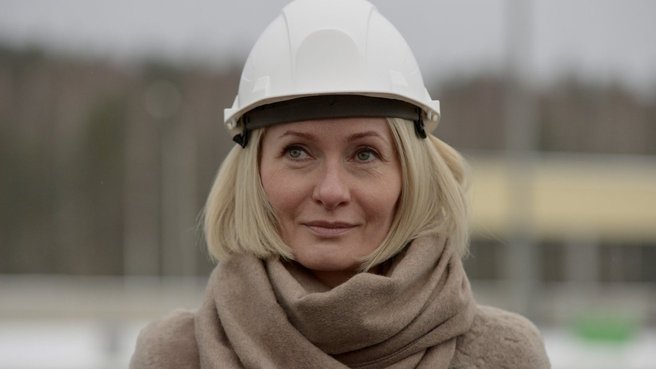
Viktoria Abramchenko visited an integrated recycling facility and a facility for glass waste processing
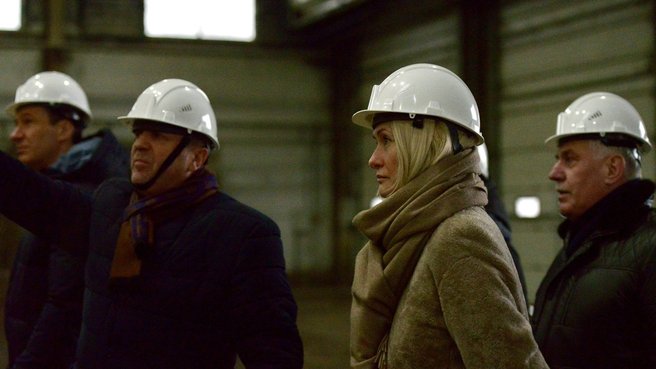
Viktoria Abramchenko visited an integrated recycling facility and a facility for glass waste processing
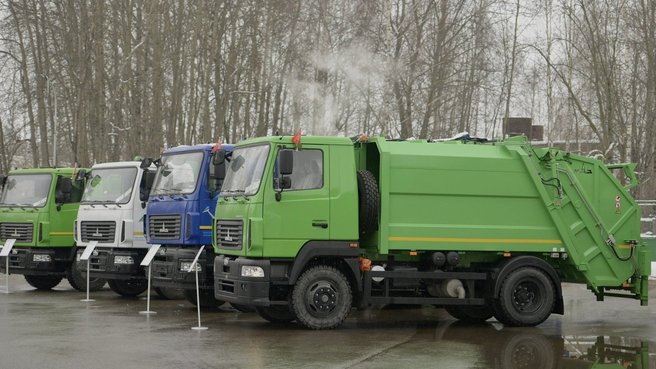
Viktoria Abramchenko visited an integrated recycling facility and a facility for glass waste processing
Viktoria Abramchenko visited an integrated recycling facility and a facility for glass waste processing
Deputy Prime Minister of the Russian Federation Viktoria Abramchenko met with Deputy Prime Minister of the Republic of Belarus Pyotr Parkhomchik during her visit to the Republic of Belarus.
Viktoria Abramchenko also visited an integrated recycling facility and a facility for glass waste processing.
According to Viktoria Abramchenko, the waste management industry and the closed-cycle economy are the most important institutions where the experience of finding joint solutions is already bearing fruit.
She noted that interaction with the Republic of Belarus in waste management is carried out at the level of specialised organisations: Russian Environmental Operator and Belarusian state enterprise Operator of Secondary Raw Materials.
The meeting focused on the development of infrastructure for an efficient waste management system.
“We are planning a joint Russian-Belarusian enterprise for tyre recycling. Russian Environmental Operator and Ecological Alternative, the largest plant for processing worn-out tyres and rubber goods from the Republic of Belarus and CIS countries, are planning to set up a production facility with a capacity of 15,000 tonnes per year in the Voronezh Region. The total cost of the project is 812 million roubles,” Viktoria Abramchenko said.
Another joint project is the manufacture of rotating truck chassis. The Russian Deputy Prime Minister said this was desirable in the production of rubbish trucks that need to access cramped urban environments. A prototype is already being tested.
“We are also interested in specialised equipment from the Minsk Auto Plant (MAZ). We estimate that they could meet about 40 percent of regional operators’ demand for special equipment. This includes the 1,300 units or so currently needed and 1,100 in annual demand. We also suggest considering initiatives on creating a joint venture to manufacture equipment for solid municipal waste (SMW) management in the republic,” Viktoria Abramchenko said.
The participants also discussed the digitalisation of the industry.
“We have created territorial waste management schemes that allowed us to streamline the operation of the entire SMW management chain in the Russian regions. So, we suggest replicating this project and using our experience to introduce it – to create territorial waste treatment e-models and a federal waste accounting system in the Republic of Belarus,” proposed Viktoria Abramchenko.
Another large digital project suggested to Belarus was related to the sale of secondary raw materials.
“We suggest you use the REO-launched electronic trade platform for the purchase and sale of secondary raw materials. We will provide you with full service support. This system makes the transactions between sellers and buyers more transparent, and it’s quicker and more convenient,” Ms Abramchenko said.
She talked about cooperation in imposing restrictions on the use of non-environmentally friendly goods and packaging. The Eurasian Economic Commission drafted a report on the results of research in this area and suggested proposals on using eco-friendly alternative goods and materials.
Viktoria Abramchenko also proposed creating a special committee at the EAEU level. It would be responsible for environmental issues, waste treatment, and secondary resources and raw materials. She suggested authorising this committee to draft uniform legislation, metrics and standards instead of the discriminating Western international standards.
In conclusion, the Deputy Prime Minister thanked her Belarussian colleagues for the warm reception and hospitality and invited them to attend the Forests of Russia forum next September and the Russian Ecological Forum (REF) scheduled for next October to discuss a broader environmental agenda.
